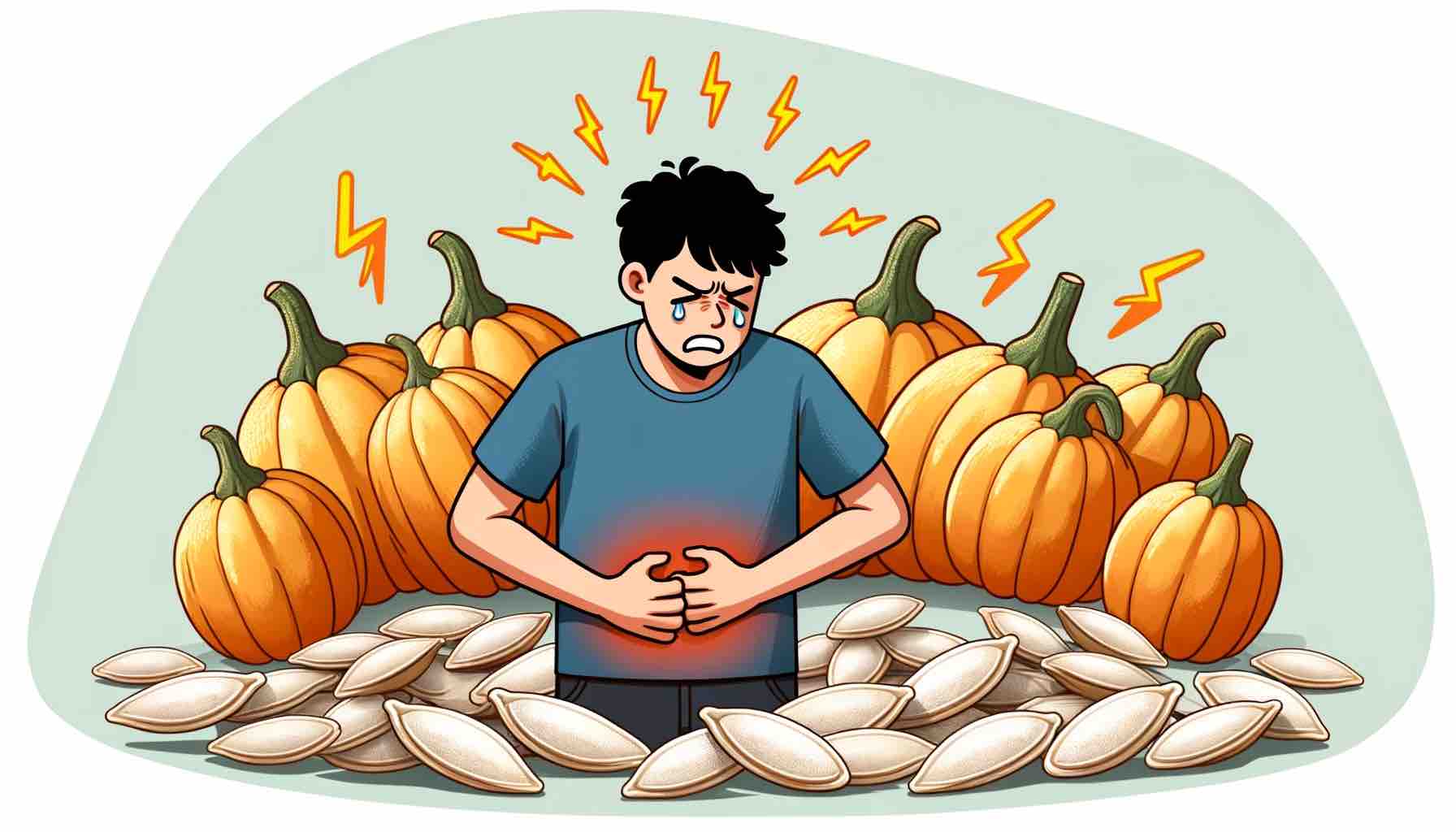
Toothaches can be a harrowing experience, often disrupting our daily routines and affecting our overall well-being. While many associate toothaches with tooth decay, the reality is that the causes of tooth pain are diverse. In this quick guide, we’ll delve into the various causes of severe toothaches and explore effective remedies to alleviate the pain.
Causes of Severe Toothaches:
- Tooth Decay: Often the most common cause, tooth decay arises when leftover food particles in the mouth allow bacteria to multiply, producing acids that damage the teeth. If this decay reaches the nerve, it can result in a severe toothache.
- Fractured Tooth: A condition where the tooth is cracked or broken due to hard food or trauma. This can lead to pain, especially if the nerve is affected.
- Swollen Gums: Poor oral hygiene can lead to plaque and tartar buildup, causing the gums to swell and become painful.
- Teeth Grinding: Chronic grinding can lead to tooth pain and other dental issues.
- Wisdom Teeth: The inflammation or improper growth of wisdom teeth can cause significant pain.
- Abscess: An abscess around the teeth can be a source of intense pain.
Relieving Toothache Pain:
- Salt Water Gargle: Salt’s antibacterial properties can help alleviate toothache and eliminate mouth bacteria. Regular gargling with a salt water solution can offer relief.
- Pain Medication: Over-the-counter pain relievers can be effective. Always adhere to the recommended dosage and consult a healthcare professional if unsure.
- Aloe Vera: Known for its regenerative properties, aloe vera can be applied directly to the affected area to soothe the pain.
- Green Tea: Tannin in green tea can reduce gum swelling and inflammation. Applying a warm green tea bag to the sore tooth can offer relief.
A Word of Caution:
While the remedies mentioned can provide temporary solace, they should not replace professional dental care. It’s imperative to consult a dentist to address the root cause of the toothache and obtain a long-lasting solution.
Maintaining Oral Health:
Good oral hygiene practices, such as regular brushing, flossing, and dental check-ups, can prevent many dental issues and ensure a healthy smile.
FAQs for the Post:
- Is tooth decay the only cause of toothaches?
- No, while tooth decay is a common cause, toothaches can also arise from fractured teeth, swollen gums, teeth grinding, wisdom teeth issues, and dental abscesses.
- How does salt water help in relieving tooth pain?
- Salt has antibacterial properties that can help eliminate bacteria in the mouth and reduce inflammation, offering relief from toothache.
- Are over-the-counter pain medications safe for toothaches?
- Yes, over-the-counter pain medications can be effective for toothaches. However, it’s essential to follow the recommended dosage and consult a healthcare professional if unsure.
- How often should one gargle with salt water for toothache relief?
- Regular gargling with a salt water solution can help ease toothache pain. However, if the pain persists, it’s crucial to seek professional dental care.
- Can aloe vera be applied directly to the affected tooth?
- Yes, aloe vera, known for its regenerative properties, can be applied directly to the affected area to soothe the pain.
Blog Tags for the Post: toothache causes, dental care, tooth pain remedies, DIO IMPLANT, oral health, natural treatments, dental hygiene, pain management, tooth decay, gum health.









